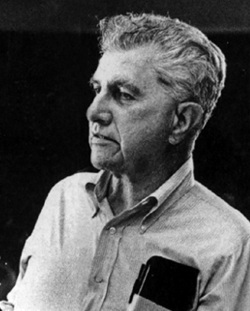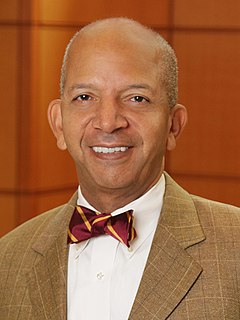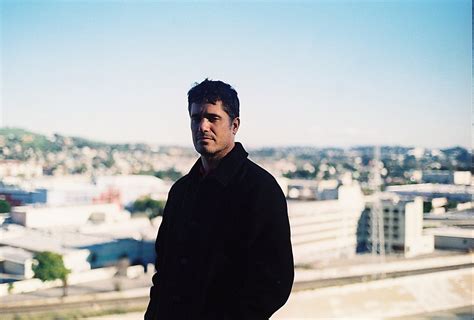A Quote by Merton Miller
I can't speak for them, of course, but I believe that most economists would accept the view that, while you sometimes can make a score by sheer luck, you can't do it constantly, unless you're willing to put the resources in.
Related Quotes
We have people there who do have substantial wisdom and substantial experience. And if they were confident enough to express their own views, that they wouldn't be bushwhacked by the party for casting a single vote like Bob Bennett was or like I was, they'd be willing to speak up and they'd be willing to speak their consciences and put their ideas on the line. But right now, there is timidity, there is fear that if they do that a single votes gonna cost them their job and they're not willing to make that kind of a sacrifice and they're not enough with the people.
If someone has a Muslim background and they're willing to reject those tenets and to accept the way of life that we have and clearly will swear to place our [American] Constitution above their religion, then, of course, they will be considered infidels and heretics, but at least I would then be quite willing to support them.





































